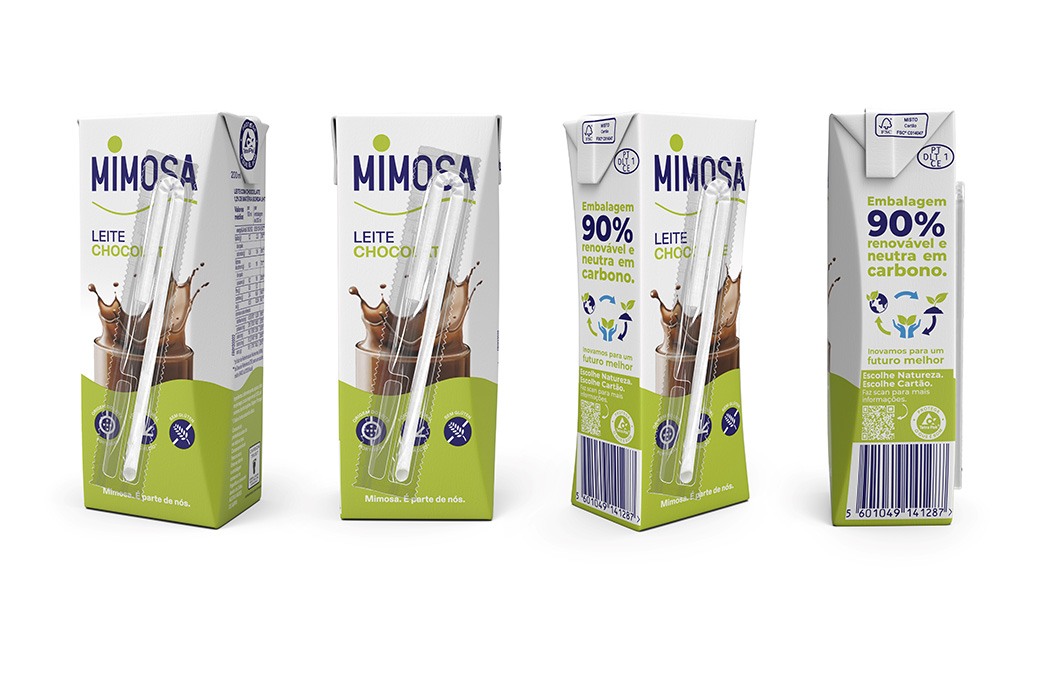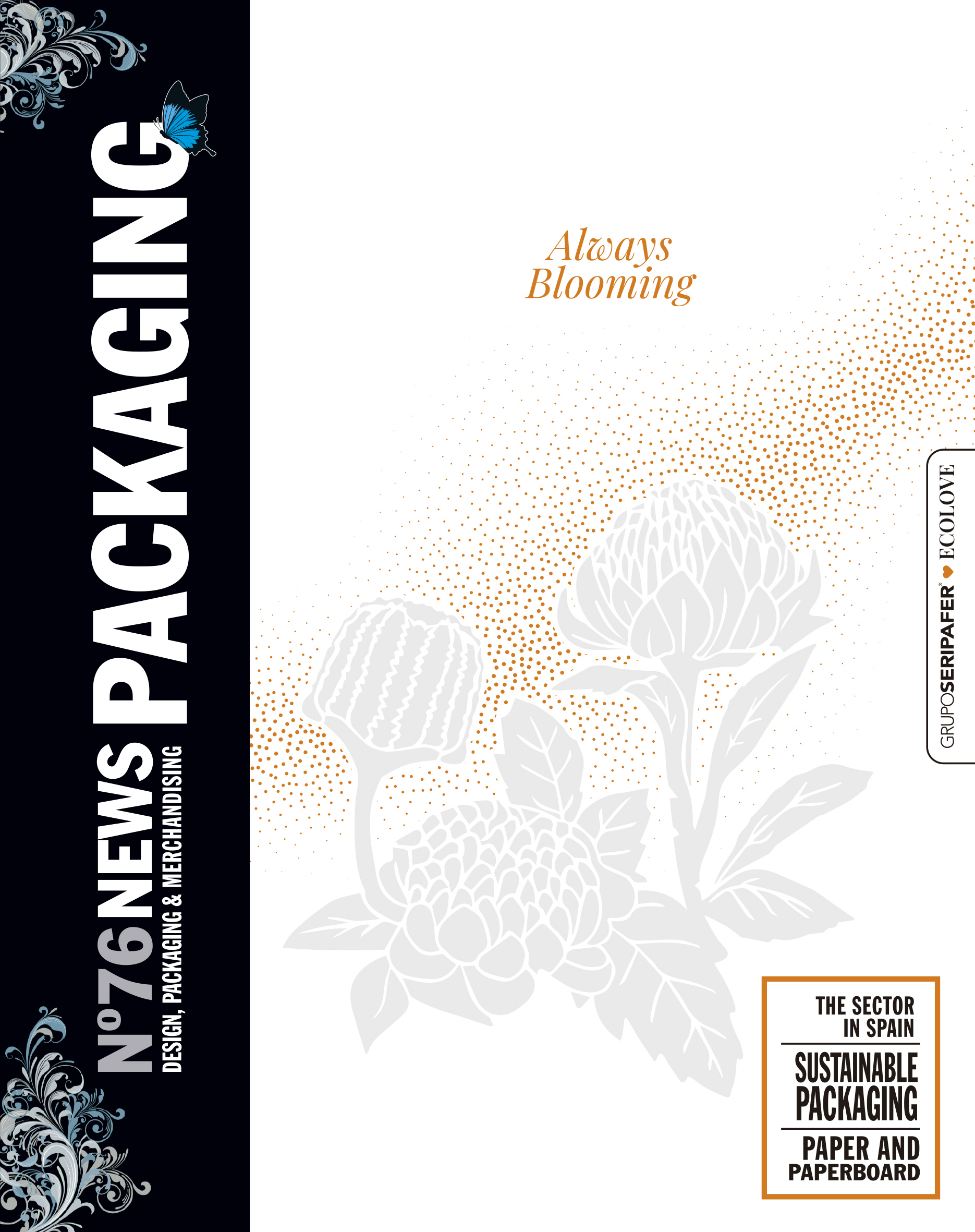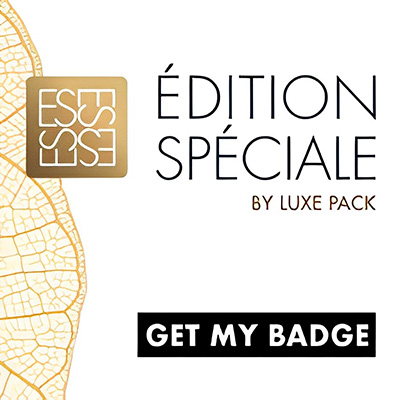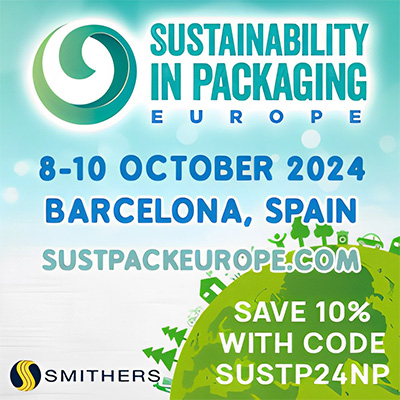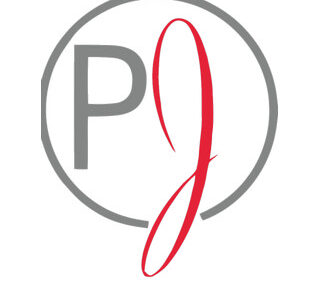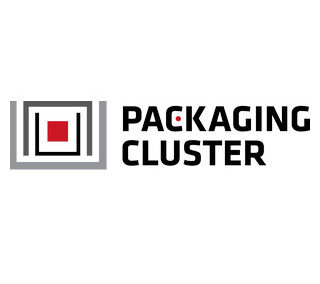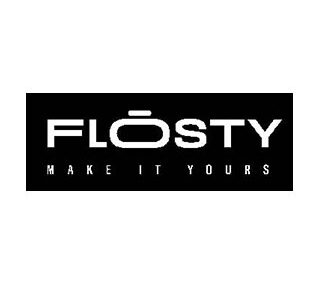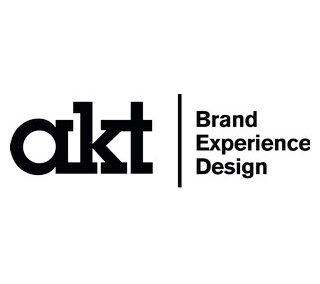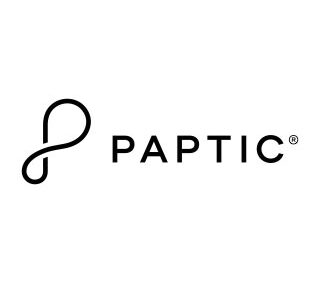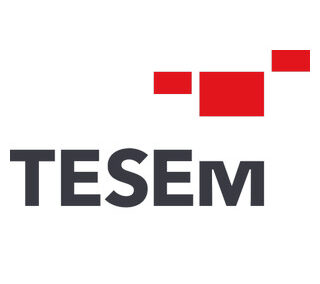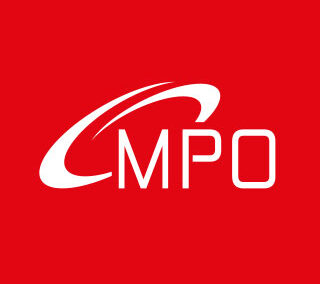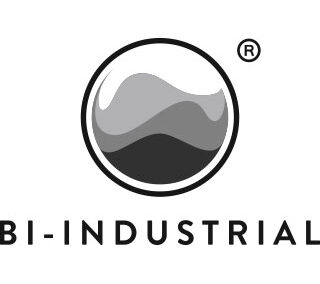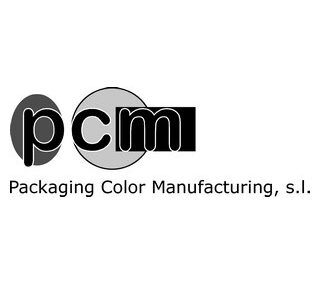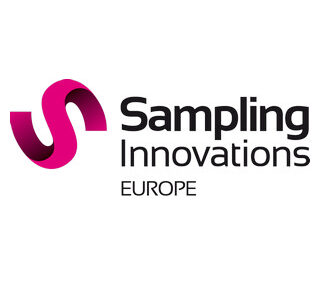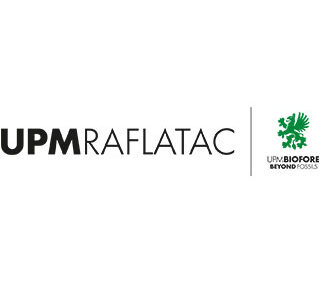Following the success of commercial tests carried out in 2022, Tetra Pak and Lactogal have launched a aseptic carton container for beverages with paper barrier. This launch is part of a large-scale technological validation, involving around 25 million containers, currently on the market in Portugal. Made from approximately 80% cardboard, the packaging increases its renewable content to 90%, reduces its carbon footprint by a third (3 3%) and has been certified carbon neutral by the Carbon Trust™.
In 2015, Tetra Pak was the first company in the sector to present a packaging made entirely from renewable materials of plant origin: cardboard and sugarcane plastic. The Tetra Rex packaging® Plant-based, suitable for the distribution of refrigerated products, is completely renewable and, to date, the company has delivered approximately 6.500 billion of these packages to customers around the world.
Now, the joint launch with Lactogal of the Tetra Brik paper-based barrier packaging® Aseptic 200 Slim Leaf offers packaging that can be distributed under ambient conditions, while achieving 90% renewable content. This brings Tetra Pak one step closer to its ambition of having a beverage carton made exclusively from renewable or recycled materials, responsibly sourced, fully recyclable and carbon neutral.
The company's goal is to produce this solution on an industrial scale by 2025.
Ola Elmqvist, Executive Vice President Packaging Solutions, Tetra Pak, adds: “This development represents a key milestone in our long-standing work to create beverage cartons designed for recycling, which continues to set the pace for carton use in packaging. By joining forces with Lactogal, we demonstrate that progress can be made in the sustainability of aseptic carton packaging for beverages without prejudice to food safety or access to food.”
In 2022, together with its industry partners in the Alliance for Beverage Cartons and the Environment (ACE), Tetra Pak adopted the Design for Recycling guidelines for beverage cartons, which provide technical guidance for Optimize the recycling of cardboard beverage containers. More recently, the 4evergreen alliance – a cross-industry platform that aims to increase the contribution of paper fiber packaging to a circular and sustainable economy, with Tetra Pak among its founding members – has added design guidelines for beverage cartons to your fiber-based circularity toolkit. The latest Circularity by Design Guideline covers types of fiber-based composite packaging (including beverage cartons) and informs designers about their compatibility with specialized recycling processes

